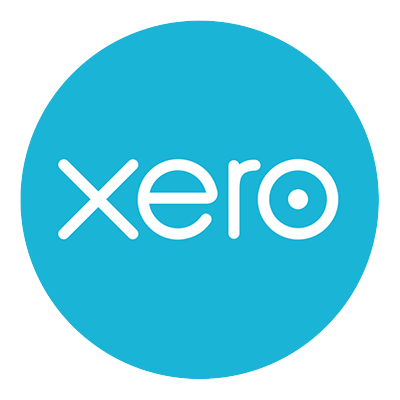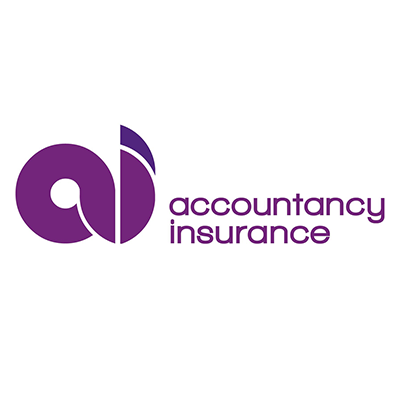When you’re looking to improve your business, essentially, you want to start comparing it to the other relevant industries around you. Otherwise, how would you ‘get ahead’ if you didn’t know what to ‘get ahead’ of? It’s good to size up your competition and measure your internal results against external standards.
It’s important to be able to pinpoint your weaknesses to develop the right strategies to mitigate them. If you keep your ‘in-denial blind fold’ on, there’s no moving forward.
Find where you stand with your financial ratios covering income, profitability, overhead structure, ratios per person, liquidity, and capital structure. In other words, look at benchmarking your business.
Benchmarking
Benchmarking is used as a tool to help your organisation evaluate opportunities for Improvement. We use the New Zealand Benchmarking Survey to deliver comparisons between you and your industry neighbours. The report you receive provides you with figures for turnover, overhead spending, profitability, productivity, profit per working owner, debt levels, etc.
The statistics reported are widely recognised by business practitioners, government agencies and industry commentators as the accepted standard for benchmarking SMEs.
Better benchmarking also helps organisations to overcome complacency. By continuously striving to improve performance standards to stay relevant in the market. It’s about knowing where you’re at, so you know where to head.
KPI’s
Benchmarking results can then be turned into KPI’s (Key Performance Indicators). A measurable value that allows you to see how effectively your company is achieving its key business goals. KPI’s mainly focus on strategic and operational improvement, helping to create a basis for decision making – focusing on what matters most.
Strategic Measures:
Track progress toward strategic goals, focusing on intended/desired results for, customer / stakeholder, financial, internal processes, and organisational capacity.
Operational Measures:
Focused on operations and tactics and designed to inform better decisions around day-to-day product / service delivery or other operational functions.
Project Measures:
Focused on project progress and effectiveness.
Risk Measures:
Focused on the risk factors that can threaten our success.
Employee Measures:
Focused on the human behaviour, skills, or performance needed to execute strategy.
An entire family of measures, including those from each of these categories, can be used to get a good idea on how effectively strategy is being used.












